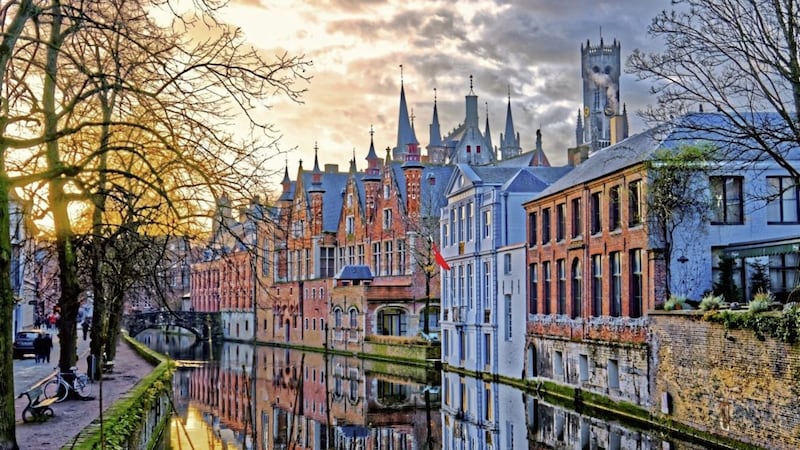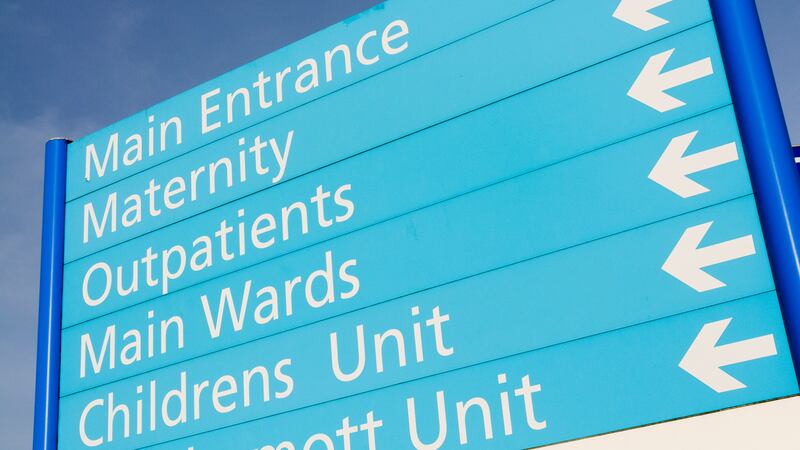THE political vacuum at Stormont is nothing new in European politics, with Belgium and Spain both struggling to form a government in recent years.
Belgium - which continues to deal with tensions between its Dutch-speaking Flemish region, and French and Walloon-speaking Walloon region - had no government between June 2010 and December 2011.
The country withstood a total of 589 days without an elected executive, including 541 days of negotiations.
The crisis began after a general election saw 11 parties elected to the Chamber of Representatives, none of which held more than 20 per cent of seats.
A lengthy talks process took place, amid fears the country may be partitioned, but a way forward was only presented almost 18 months later.
A new government was eventually sworn in on December 6 2011.
Spain also went without an elected government for 314 days after a general election in December 2015 failed to deliver an overall majority for any party.
A snap election in June 2016 also proved inconclusive.
A minority government, led by the conservative People's Party, was set up in October 2016 but only after an internal rebellion within the Spanish Socialist Workers' Party meant it decided not to oppose Prime Minister Mariano Rajoy's investiture.








